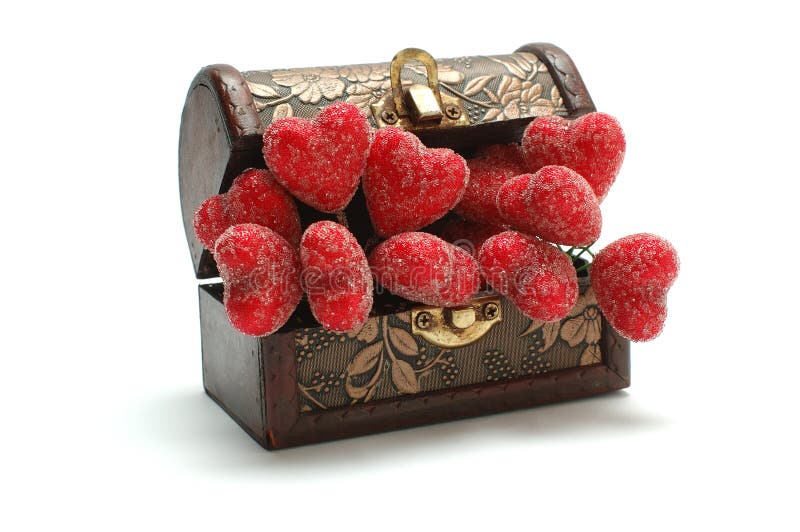

Cox picks up a model, puts it on the table and immediately start to break it down into its component parts. It's time to look at the inside of the human heart. And I keep at it until I understand something completely. I don't want to learn things blindly, I need to understand what I learn. Learning rows of words doesn’t inspire me at all. Other options, like studying to become a doctor or pharmacist, did not appeal to him. “I was one of the students in the third intake year.” He is good at science and loves biology this course combines both.

In his first year at secondary school, he already knew what he wanted to do: study biomedical technology at Eindhoven University of Technology. His father taught him the basics of chess: “When he couldn't beat me anymore, he sent me to a chess club.” He occasionally defeated boys who are now grandmasters, but in spite of his talent, his real ambitions lay elsewhere. He used to be described as “a quiet boy and a bit withdrawn.” He likes outdoor sports and is a good chess player. He comes across as a slightly shy, diffident person. Just like all the other children who are now equipped with our heart valve. But obviously it has to work.” Then: "Yes, the patient is doing well. From the very beginning, your dream has been to develop a biodegradable plastic heart valve. Even so, it was still a weird and special feeling, incredibly exciting. “The operation went perfectly - as you would expect of such an experienced surgeon. A little weak at the knees, he closely observes the surgeon’s operating technique. Martijn Cox has been given permission to watch the surgeon from inside the operating theatre. This is the much-anticipated culminating moment after 12 years of research. Giving up is not in my nature.”Ī patient is about to be given 'his' plastic heart valve on that day in Budapest. So what drives Martijn Cox? “I try to understand things completely through a learning process and only stop when I am satisfied that I have achieved that objective. This will be a godsend for children in particular. This technology may make a whole range of heart valve operations redundant in the future. The company develops 'living' heart valves made from biodegradable polymers. A spin-off from research performed by TU Eindhoven and one of the most promising start-ups in the medical technology field in the world.


 0 kommentar(er)
0 kommentar(er)
